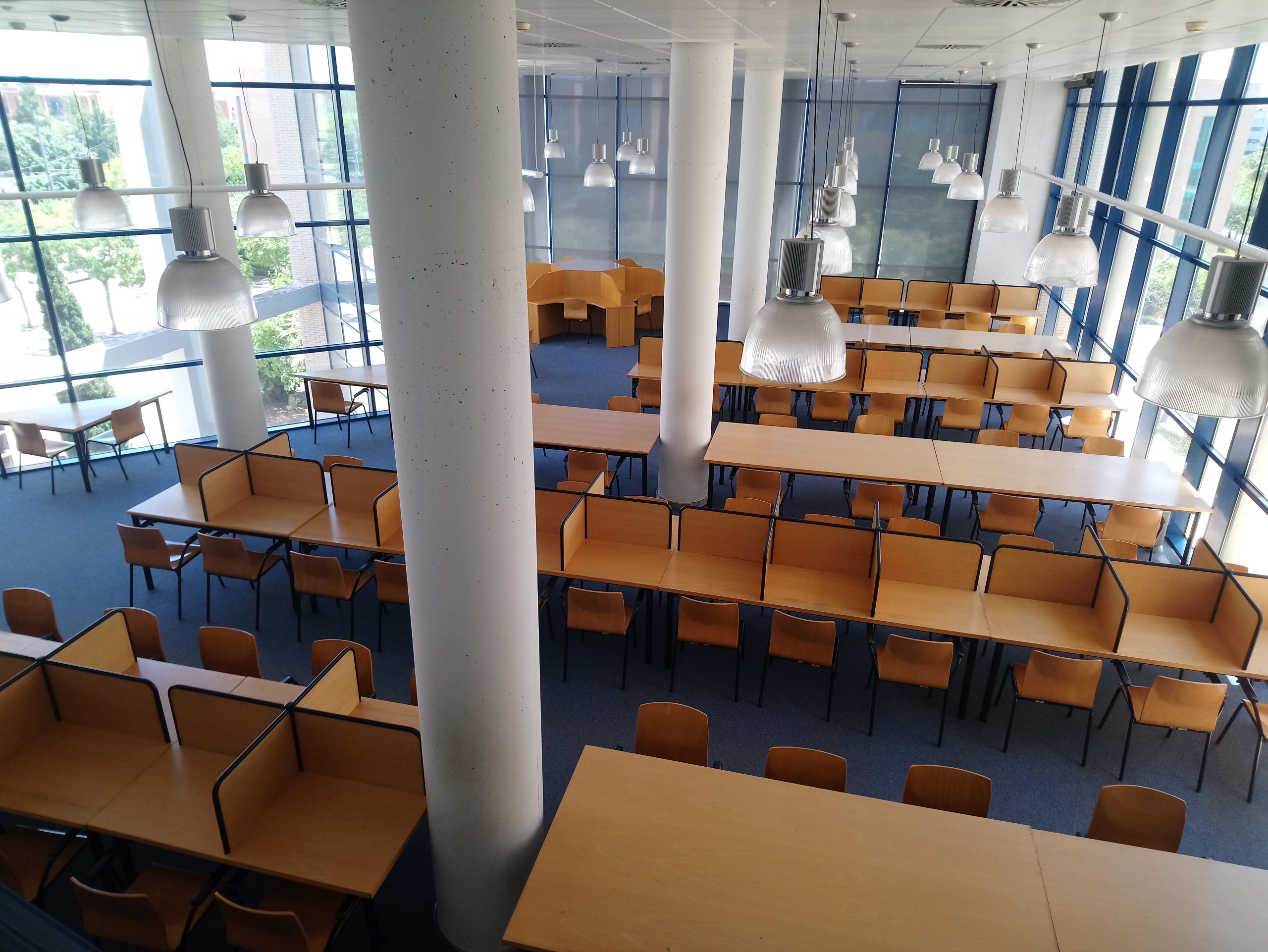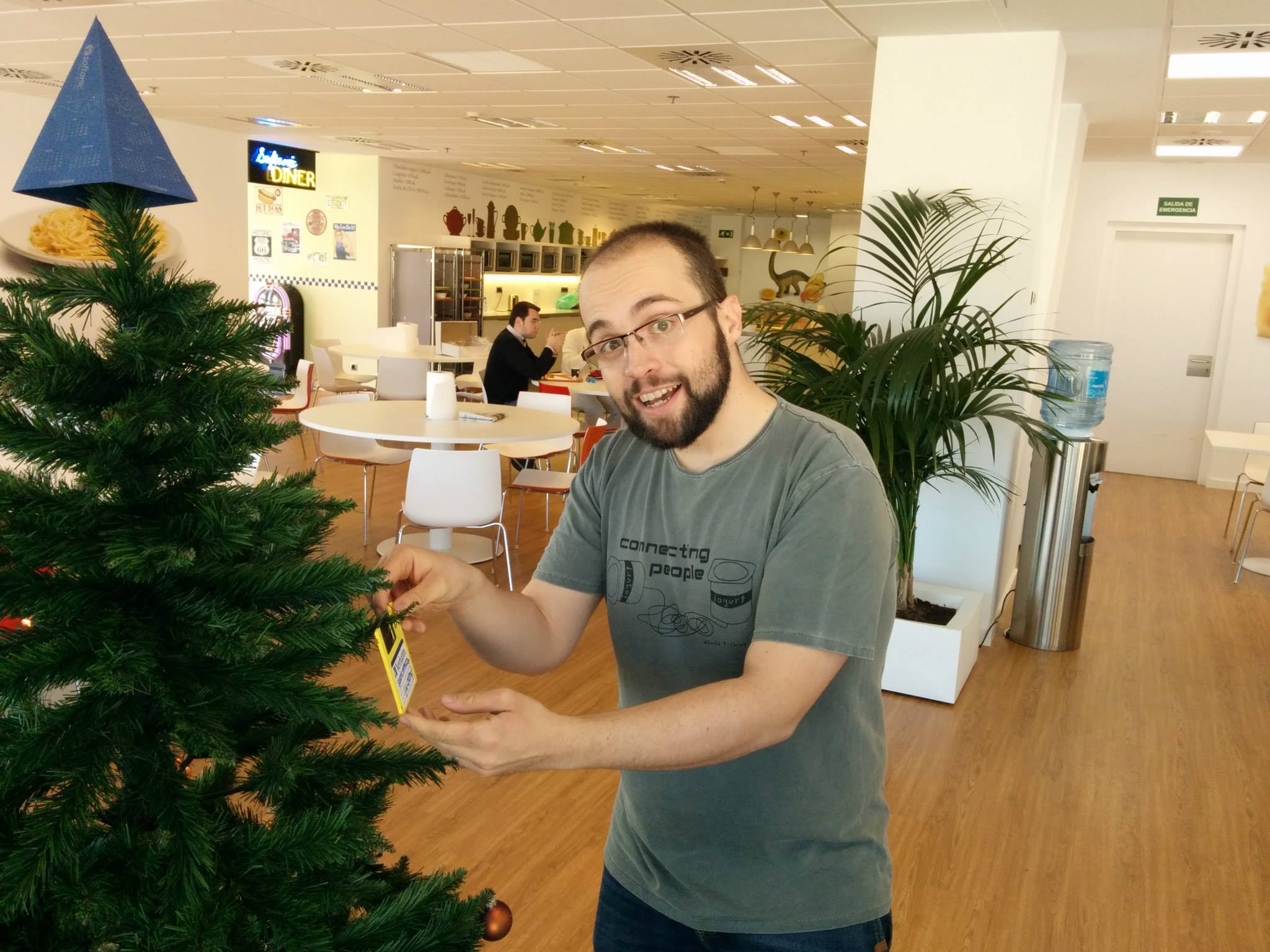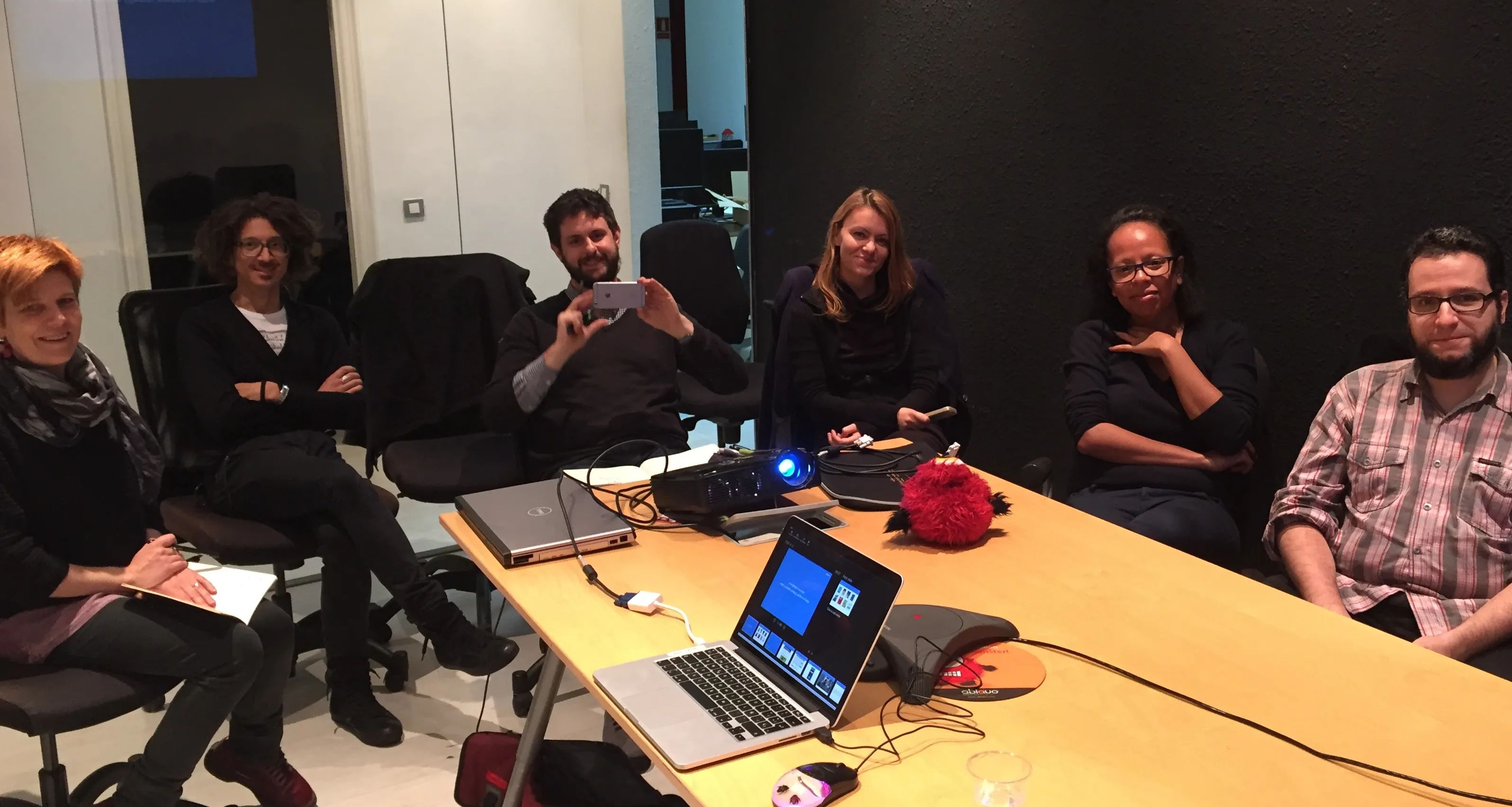How did I become a technical writer
Jun. 18, 2023A friend asked me the other day how I became a technical writer. The question gave me pause and made me realize that, while I wrote about how to become a technical writer, I hadn’t yet written how I had become one. For all who may be interested, here’s how I got to work as a tech writer.
Robots and psychology
Let me start by saying that when I was a kid, I didn’t want to be a technical writer: I wanted to become a… robopsychologist. Robots and artificial intelligence deeply fascinated me since a young age. Reading about Dr. Susan Calvin in Isaac Asimov’s robot short stories enthralled my imagination more than anything else. I devoured tons of science fiction back then. I found artificial intelligence to be one of the most interesting topics one could dedicate their life to. I was a fan of AI before it was cool.
Perhaps I also wanted to be a robot, I don’t know. That’s stuff for my therapist. I did know that everything surrounding technology and the mind had to be my thing, though. So, after finishing high school, I chose to pursue a degree in psychology, naively thinking that it’d satisfy my hunger for technology and philosophy of mind. It did so only partially, as the Spanish degree was pretty monolithic at the time, a mix of experimental and applied psychology; I loved the former and despised the latter.
 The library of the Universitat Jaume I, my alma mater
The library of the Universitat Jaume I, my alma mater
While in uni, I joined the local computer science’s students association. I made most of my friends from that time through hanging around with CS undergrads and professors, which tells you how high my affinity for the engineering mindset already was. Instead of studying social psychology, I spent hours reading CS books in the library and learning about programming and web development. In 2003 I’d started my Spanish blog, my earliest experience with content management and web writing.
In 2005, after graduating, I only had a vague idea of what I wanted to do next, though I knew I wanted to get a PhD. Such a lack of focus usually ends up in disaster, and this was no exception: A friend convinced me to apply for a PhD candidate position in cognitive science and I couldn’t say no. A year and a half later I was dropping out of the PhD program, completely burnt out due to self-imposed pressure, lack of proper people management, and all the kind of issues so aptly depicted by PhDComics.
I don’t know if I’d become a researcher. In hindsight, I think dropping out of the PhD program was a healthy choice: research, I’ve come to think, is a pleasant endeavor only for the fortunate few who find both their true calling and a research environment able to provide adequate resources for growth. It shouldn’t be like that, but it is. Now, not everything was terrible: as a graduate student I made many good friends and got used to such demanding levels of intellectual effort that later work seemed lighter.
From content editor to tech writer
During the quasi-sabbatical period that ensued, I did some temp administrative work at university while getting my driving license. I was still blogging and still in love with technology. Almost casually, in the spring of 2008, while looking for a job, I found an offer that piqued my interest: a “Content editor” position for Softonic, the Spanish equivalent of Download.com. I applied, then got interviewed. I got hired, I think, thanks to a blog post about my favorite Windows utilities. In August 2008 I moved to Barcelona to start working as a writer for the first time in my life.
Writing and technology? I was ecstatic. And it wasn’t just because of the job: in the 2000s, Softonic was one of the major tech companies in Spain, able to hire and retain the best tech talent in Southern Europe, from SEOs to backend engineers to Agile coaches. It’s at Softonic where I learned the essentials of web writing and usability, the intricacies of serving content at scale, as well as a plethora of useful techniques, from public speaking to scrum to content strategy. It was 8 years of learning and hard work for which I feel enormously grateful. Few places could have provided that in Spain.
 Me at Softonic, with more hair. Circa 2015
Me at Softonic, with more hair. Circa 2015
In 2014, though, Softonic went through some bad times and laid off more than half of the staff. I remained and, after my first parental leave, switched to a different position, that of content strategist for an experimental team tasked with creating mobile apps for Android. It was fun overall, and stimulating, though everything changed when I saw a job ad from King, the mobile games maker of Candy Crush fame. With their Barcelona office burgeoning, they were looking for a technical writer who’d work on internal IT and security documentation. I applied and got hired in 2016.
A note on content strategy
I first got acquainted with the field of content strategy in 2013, at Confab London. I was immediately hooked: content strategy provided a wide, insightful view on content production and management that I was lacking up until then. It also helped me bridge the gap to other content disciplines, such as tech writing and UX writing, acting as some sort of conceptual platform. In 2014 I helped organize Confab Barcelona and spoke there. I also run a content strategy meetup in Barcelona, which helped me gain experience for later meetups.
Although I already had senior-level experience as a web writer, King’s was my first stint as a technical writer, and my first job writing exclusively in English. I remember buying half a dozen books on the topic of technical writing to fight off impostor syndrome, though none provided particularly satisfying answers. Until one day I found Write the Docs, a wonderful and gentle community of tech comm professionals. Similar to what I’d done with content strategy three years before, I set out to create the local meetup of Write the Docs, through which I met other writers in Barcelona.
 The first Write the Docs BCN meetup
The first Write the Docs BCN meetup
King’s was the coolest office I ever worked at. I made many good friends there, and had a blast. Video game companies are special, and King is indeed a unique place to work. Based in the IT project management office, I honed my product management skills and improved hugely as a technical writer, with fast feedback loops that only internal documentation can afford with ease. Some of the coolest projects in my portfolio date from that period. I’ll forever be grateful to Eduardo Martín and the team for being so open-minded and supportive.
 My last day at King
My last day at King
From then on, I continued my journey as a technical writer at Ohpen, then New Relic, then Ohpen again, and finally Splunk, where I am a Principal Technical Writer. Along the way, I found tech writing to be more fitting than content strategy to my passions and interests. As I wrote in my love letter, technical writing is tech and writing and people, the same intersection that brought me here. It’s been a nice combination of luck, curiosity, and hard work.
What’s your story?